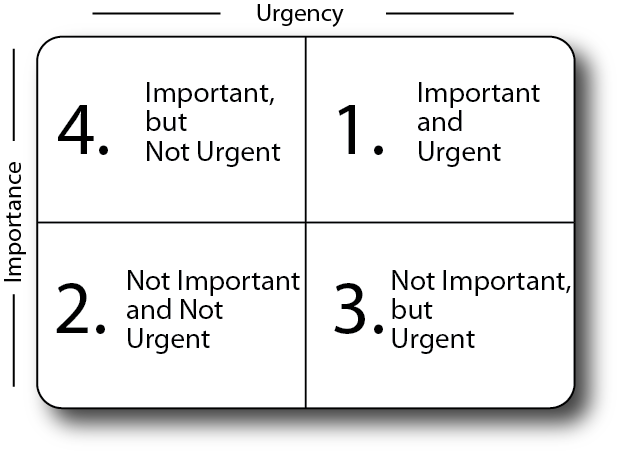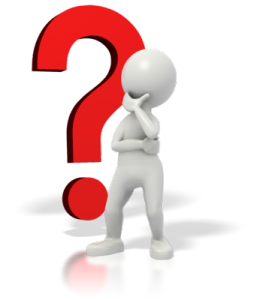“When a man points a finger at someone else, he should remember that three of his fingers are pointing at himself.”
—Author Unknown

Image from idgconnect.com
There sure is a lot of finger pointing going on these days! Pick almost any hot topic in the news and you will see people on all sides taking dead aim at one another.
Blaming others, finding fault, and making others wrong seems wired into us in spite of the fact that we are all highly aware of its consequences.
EXERCISE:
Knowing that three fingers are always pointing back at us when we point at others, how can you take far more responsibility, accountability, and ownership regarding the events in every aspect of your life?


